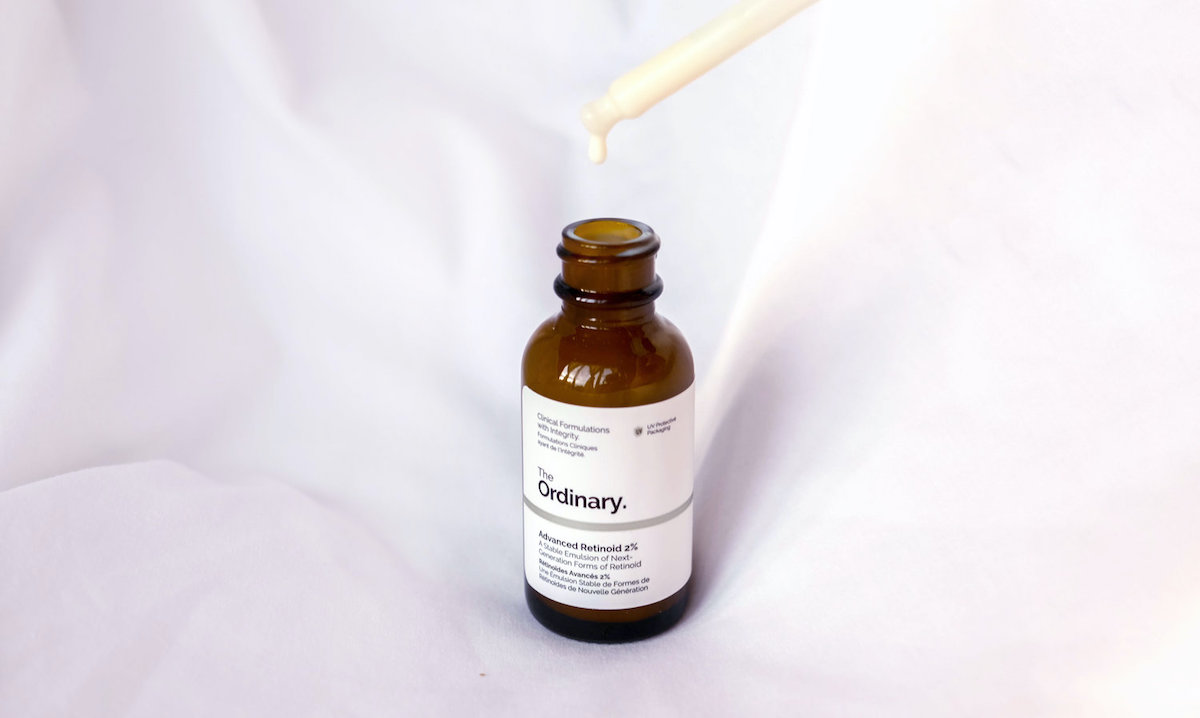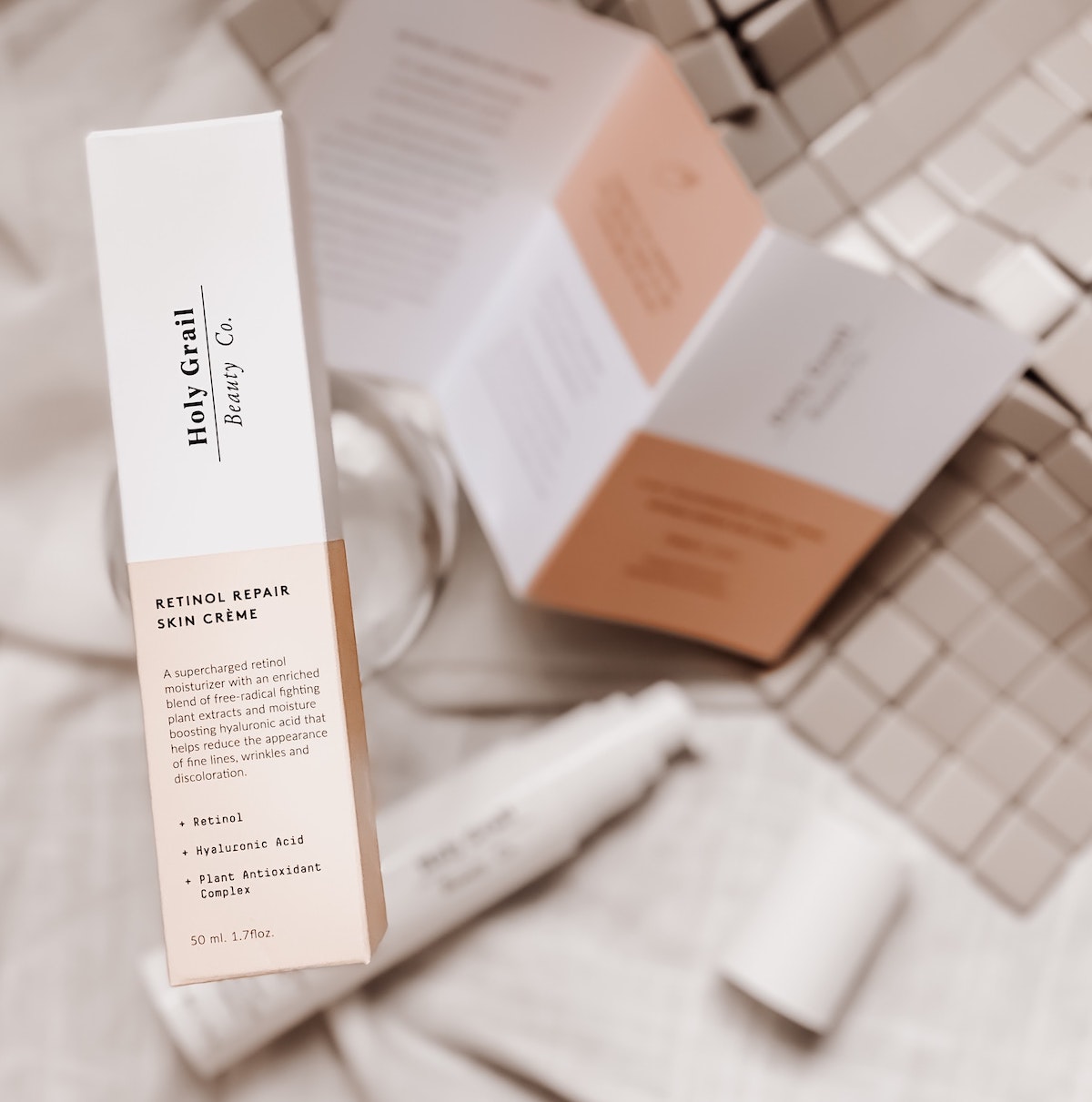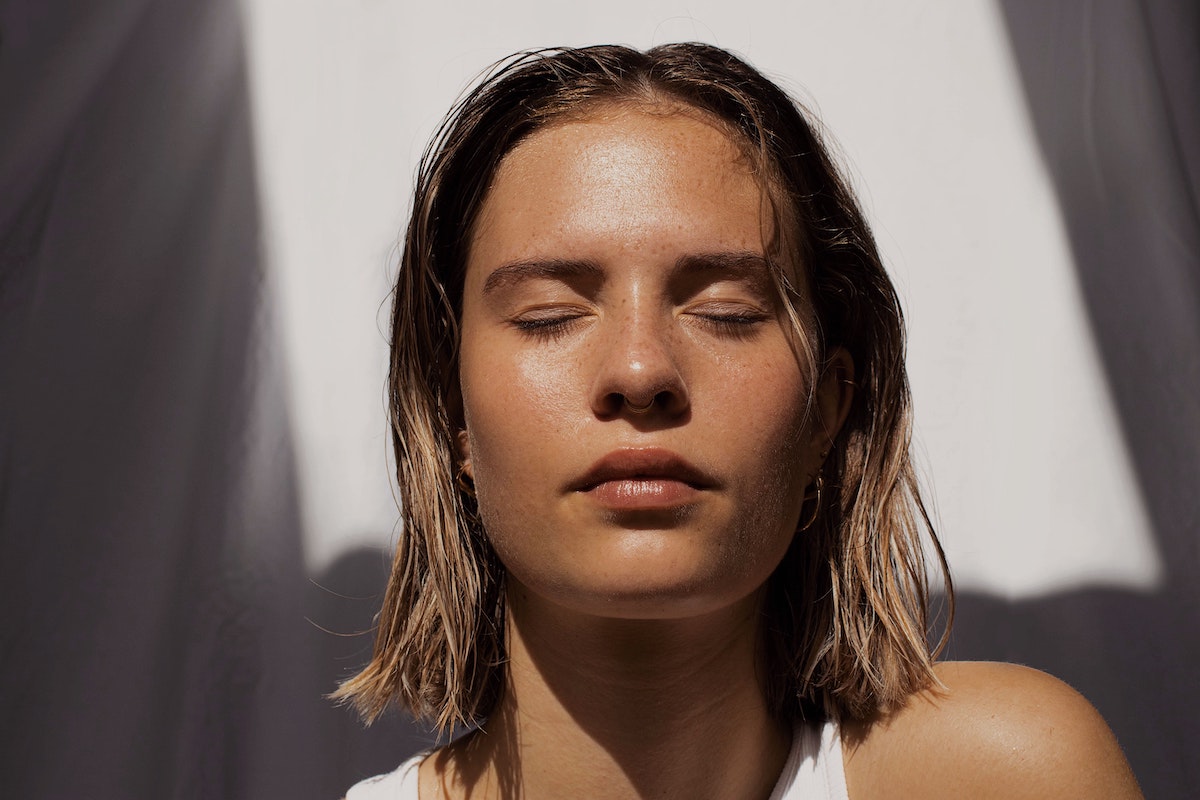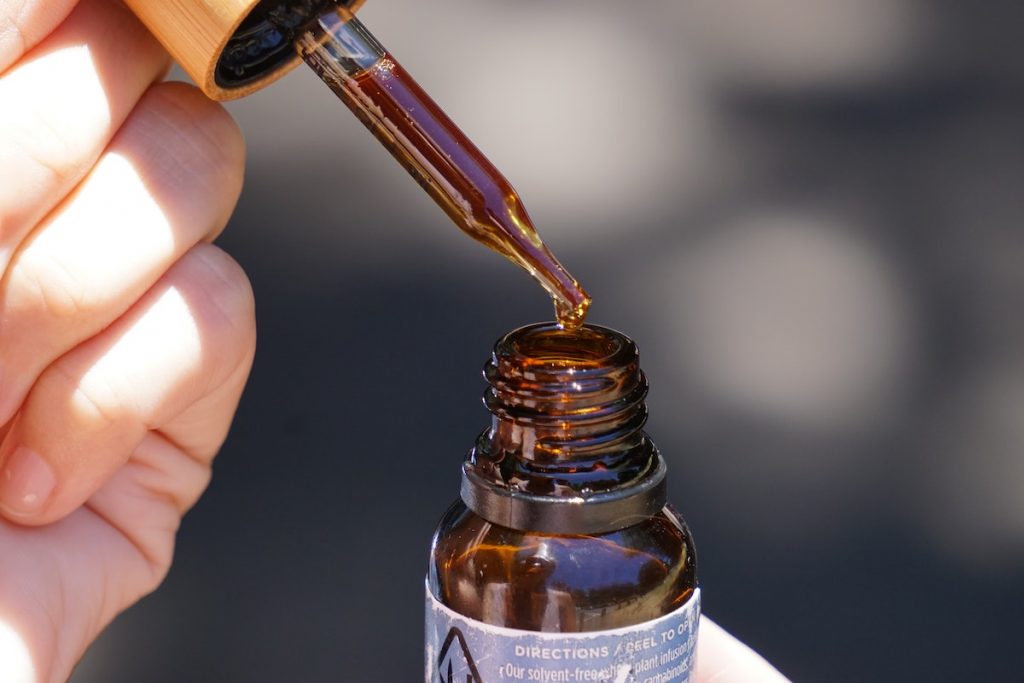Does your current skincare routine include a retinoid product? If not, you’re sorely missing out.
Skincare professionals consider retinoid products as non-negotiable items in any skincare regimen. Retinoids, derived from vitamin A, are a family of potent ingredients that are clinically proven to treat wrinkles and acne, as well as fade dark spots and reverse sun damage. Skincare enthusiasts are also big fans of retinoids’ ability to speed up epidermal turnover, decrease inflammation and stimulate collagen growth.
When talking about retinoids, many people throw around the words “retinoids” and “retinol” interchangeably. Contrary to popular belief, it’s not a discussion of “retinol or retinoid;” it’s more of “retinol vs. retinoid” since they aren’t the same. Think of them as cousins, not clones — they are related but different.
To learn more about retinol vs. retinoid, we break down the facts concerning both of these skincare agents: what are their ingredients? When do you use them? Which one is better at giving you glowing skin?
Is There a Difference Between Retinol and Retinoid?
To understand the whole scope of the retinoid vs. retinol discussion, we need to understand each ingredient separately.
Retinoid

What is Retinoid?
As mentioned above, retinoids are vitamin A derivatives. Essentially, it is an umbrella term for both an ordinary prescription retinoid and over-the-counter retinol. This ingredient comes in oral and topical forms. In some cases, it may require a prescription.
Retinoids are antioxidants known for smoothening out stubborn wrinkles and promoting collagen growth. Apart from its anti-aging properties, this powerhouse ingredient can also improve your skin’s tone and texture by lightening dark spots and increasing cell turnover. Some retinoids like Avage and Fabior can treat psoriasis by regulating skin growth and calming inflammation.
How Should I Use Retinoids?
Most skin care professionals recommend adding a retinoid product to your nighttime skincare regimen. If you plan on introducing retinoids to your routine, do it gradually. Start by applying a pea size of the product at least once or twice per week. Apply retinoids at bedtime for at least a month before you increase the amount of the product and frequency of application.
Minimize irritation and dryness by applying a gentle moisturizer like Cetaphil or Cerave PM.
In terms of mixing products with retinoids, there are some ingredients that you shouldn’t use once you start your retinoid regiment. Skincare products with alpha hydroxyl acids and benzoyl peroxide can deactivate certain retinoids like tretinoin. Always consult with your dermatologist first before you layer products.
What are the Risks of Retinoids?
Even when you use it on its own, retinoids can cause irritation to your skin. Mixing them with other potent ingredients can cause skin conditions like dermatitis. If you’re using retinoids, avoid skincare products that contain benzoyl peroxide, acids and anti-hyperpigmentation agents. In general, if you have sensitive skin or are new to retinoids, check with your dermatologist first before you use retinoids.
Retinol

What is Retinol?
Retinol is a milder type of retinoid, which is often available as an over-the-counter skincare product. It is less potent than retinoid and has fewer side effects but must be used regularly to achieve results. Retinol is often paired with other hydrating ingredients like antioxidants and hyaluronic acids to make gentle moisturizers, serums and masks.
One of the biggest differences between retinoid and retinol — specifically, prescription retinoid — is the potency. Unlike retinoids, retinol contain a lower concentration of retinoic acid. Prescription retinol may have a higher concentration of retinoid but unlike retinoid, it still has less active retinoic acid ingredient.
You can incorporate retinol into your skincare regimen at different times of the day, depending on your skin goals.
What are the Side Effects of Retinol?
When you first use retinol, it’s natural to experience side effects. Common symptoms include mild sensitivity, skin peeling and acne (on some occasions). These side-effects tend to subside as the skin becomes used to the retinol. It may take your skin two to three weeks to adjust.
How Can You Add Retinol to Your Routine?
Similar to retinoid application, consult with your dermatologist first before adding retinol to your routine. On your first use, stick with a lower concentration of retinol. Apply it at night a couple of times a week. Observe your skin and if it remains in good condition, you can add more.
After applying retinol, apply your favorite brightening products, followed by night creams or serums. Since retinol are drying, you need to follow the application up with an effective moisturizer that hydrates your skin.
However, you should skip retinol if you’re going to spend a lot of time under the sun without using sunscreen or any form of sun protection. Retinol makes your skin more sensitive to the sun so make sure you always use sunscreen with SPF 30 whenever you go out, even when the sun isn’t in sight.
What About Tretinoin vs. Retinol?
Tretinoin is often pitted against retinol since they are both under the retinoid umbrella. Both have the same ingredients but with key differences. Retinol is a retinoid whereas tretinoin is a concentration of retinoic acid. The latter is extremely effective at combating acne but it can also cause itching, reddening and peeling, especially if you have sensitive skin.
Unlike retinol, tretinoin is a prescription product since it is a stronger version of retinol. If you’ve tried retinol and think you might need to make the switch to tretinoin, talk to your doctor today about your skin concerns.
Retinol vs. Retinoid: Do They Have Anything in Common?

So is it forever retinol vs. retinoid or do both skincare ingredients share some similarities? Despite being different ingredients, both retinol and retinoid share some similarities.
Overall Benefits
Retinol and retinoid offer the same benefits, even though the time you see a result differs between the two. Both are powerful at multitasking; they increase the rate of skin-cell turnover while increasing your collagen production. They are also both effective at improving your skin texture by minimizing the fine lines, evening out its tone and decreasing the size of the pores. Retinol takes a longer time to show results but whichever you choose, you’ll get the same benefits.
Side Effects
If you immediately use a retinoid product every night, you may experience peeling, redness and overall irritation since your skin is still getting used to the new product. To help your skin adjust easily, space out the applications. It’s a good strategy for both lower-strength retinol and heavy-duty retinoids.
Not Safe During Pregnancy
Both retinoids and retinol are not safe for use for breastfeeding or pregnant mothers, which can be tricky since acne is a common side effect of pregnancy. Instead of using retinol or retinoid, try bakuchiol, a natural extract that guarantees nearly all the benefits of retinol minus the irritation.
Is Retinoid Better Than Retinol?
It depends on what your skin needs and how your skin can take a product. For instance, if you have dry or sensitive skin, it’s better to use over-the-counter retinal or retinol. Retinoid is more potent and it can cause irritation, redness, dryness and other skin conditions. The more potent a product is the more potential for skin conditions.
But if you have acne-prone or oilier skin, start with your prescription retinoid immediately. You can seek a prescription from your dermatologist or try over-the-counter prescription retinoids. You can also use retinoids if you have tried them in the past.
The Bottom Line
Retinol and retinoids are the same yet different. Retinol falls under the retinoid umbrella, which means it offers the same benefit as retinoid but on a slower scale. Despite the slow pace, retinol is a milder version of retinoid. Retinoid is considered for “the hard stuff,” aka the more challenging skincare problems.
But before you experiment with retinol and retinoids, talk to your dermatologist or check Image Skincare. Ask them if you are a candidate for the stronger stuff. If you are, use your retinoids or retinol with care.

